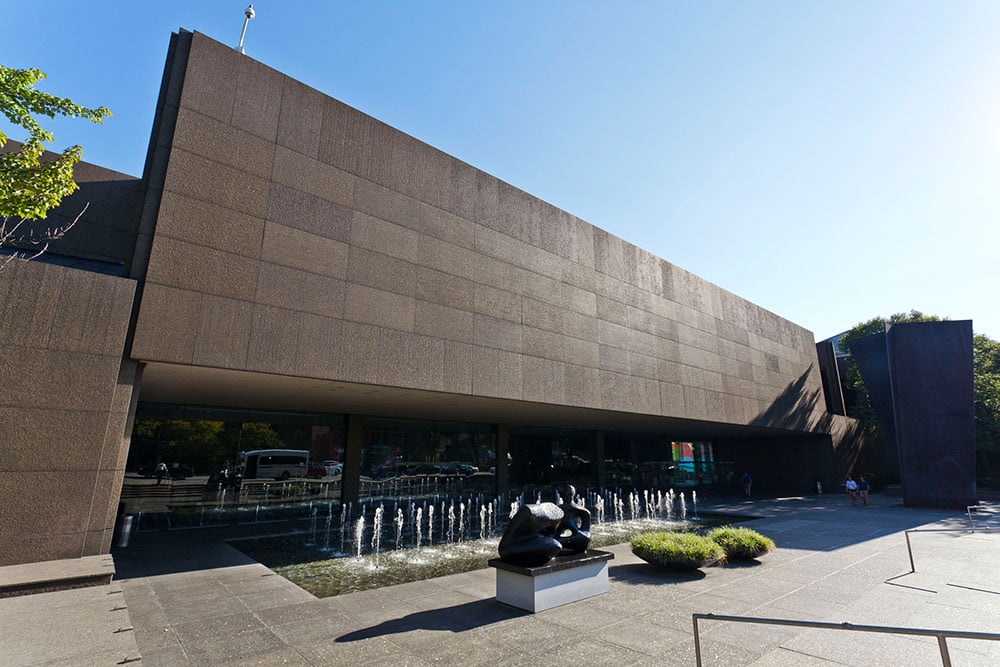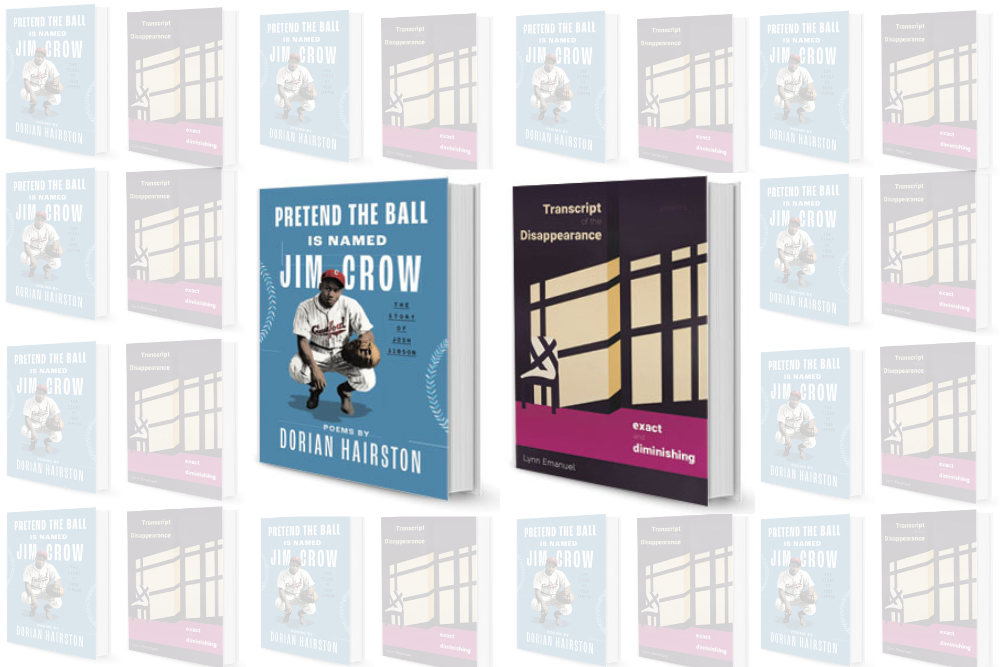Pittsburgh Lit: What We’re Reading in October
PM Book Editor Kristofer Collins reviews two archives by native Pittsburgh writers.
 Lesbian Love Story: A Memoir in Archive
Lesbian Love Story: A Memoir in Archive
Amelia Possanza
Catapult, $27
Archive is such a musty word. It conjures images of library basements and long-forgotten university offices. It carries a whiff of discolored and disintegrating paper, acrid like a down-at-heel used bookstore collapsing under the weight of squalid antique tomes. Not the sort of place you would expect to find sex and blood and self-discovery. Two native Pittsburgh writers, however, beg to differ.
Amelia Possanza takes a deep dive into the archive, which consists of public records, old newspaper stories, and long out-of-print books, after a dismaying interaction with a member of her queer swim team. She writes, “a whiskered teammate asked if I wanted to have kids.”
“No,” she answered.
“Are you a lesbian or something?”
“I’m on a gay swim team!” comes her swift rejoinder.
Her teammate’s inability to recognize her for who she is sets Possanza on a quest “to scour libraries and archives and the street-stalls of the internet to put together a record of everything that has been said, thought, fancied, and sung of Lesbians.” “Lesbian Love Story: A Memoir in Archive” is the result of her quest: a loving, and sometimes quite sensual and funny, shadow history of lesbian identity. Possanza seeks to uncover, and at times correct, a public record that “wanted to get rid of the very queerness” that was being documented.
 The Archive Is All In Present Tense
The Archive Is All In Present Tense
Elizabeth Hoover
Barrow Street Press, $18
Elizabeth Hoover’s debut full-length poetry collection “the archive is all in present tense” won the 2021 Barrow Street Poetry Prize. Hoover’s vision of the archive is similar to Possanza’s in that the very idea of the archive is a space for intense self-examination by way of the public records paper trail.
But where Possanza’s memoir is a gathering of historical facts and first-person accounts with the occasional dip into imaginative re-creation, Hoover’s archive is a dream space where the historical record bleeds into memories and emotions.
“The archive is full of blanks.” she writes in the title poem. It is a place where “(w)hen I press my mouth against it, I kiss my own / ghosts”.














